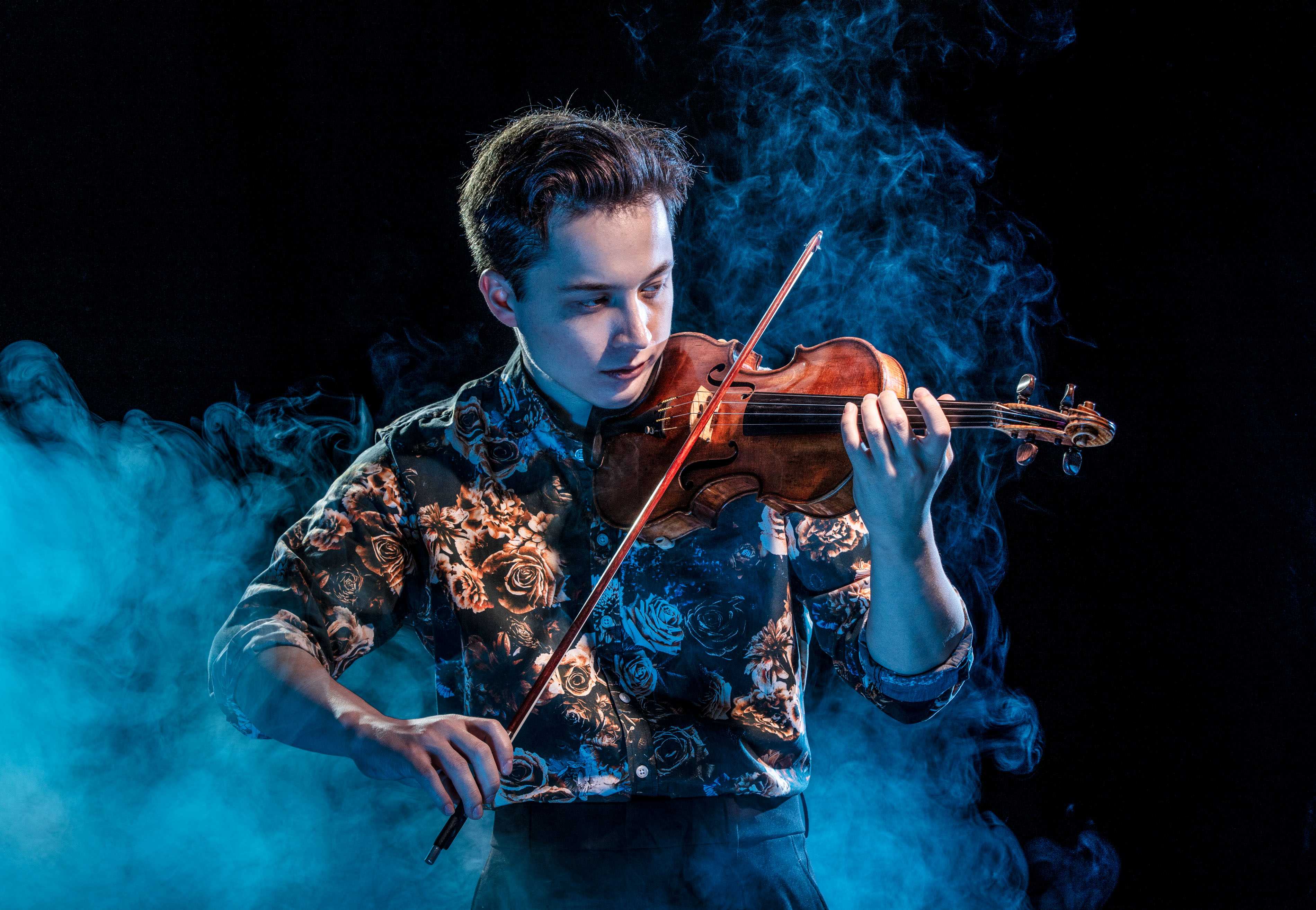Six years ago, the schoolboy Johan Dalene cruised to victory at the Nielsen Competition in Odense, Denmark. Seldom has that verb presented itself more readily. Dalene was not the most virtuosic player in the contest, but he was the most focused and the most interesting, able to still a restless crowd not by dazzling them with pyrotechnics but by whispering in their ear.
The Dalene sitting opposite me now - taller, broader, with the confidence once only evident in his characteristic way of eyeballing an audience - is the adult version of the kid from 2019.
Does he remember much about the competition?
‘I remember getting more into it after the first round, and there being a lot of pieces to play…it was very hard to enjoy it. But I was trying.’
Victory in Odense was ‘the start of something,’ says Dalene. The arrival of Covid-19 eleven months later nearly put an end to it again. He continued playing for his teacher Per Enoksson and hung out with Stockholm-local Janine Jansen, ‘such a big inspiration for me.’ Dalene and Jansen share a certain poise on the instrument, but that’s probably where comparisons end.
‘It was never about sounding like Janine,’ says Dalene. ‘You listen to her playing and hear how full of imagination it is. You hear her on a recording and you just know it’s her. That’s the goal.’
Contrary to notions of a generation that can’t accept a standpoint different to their own, Dalene enjoys interpretations that contrast markedly with his.


